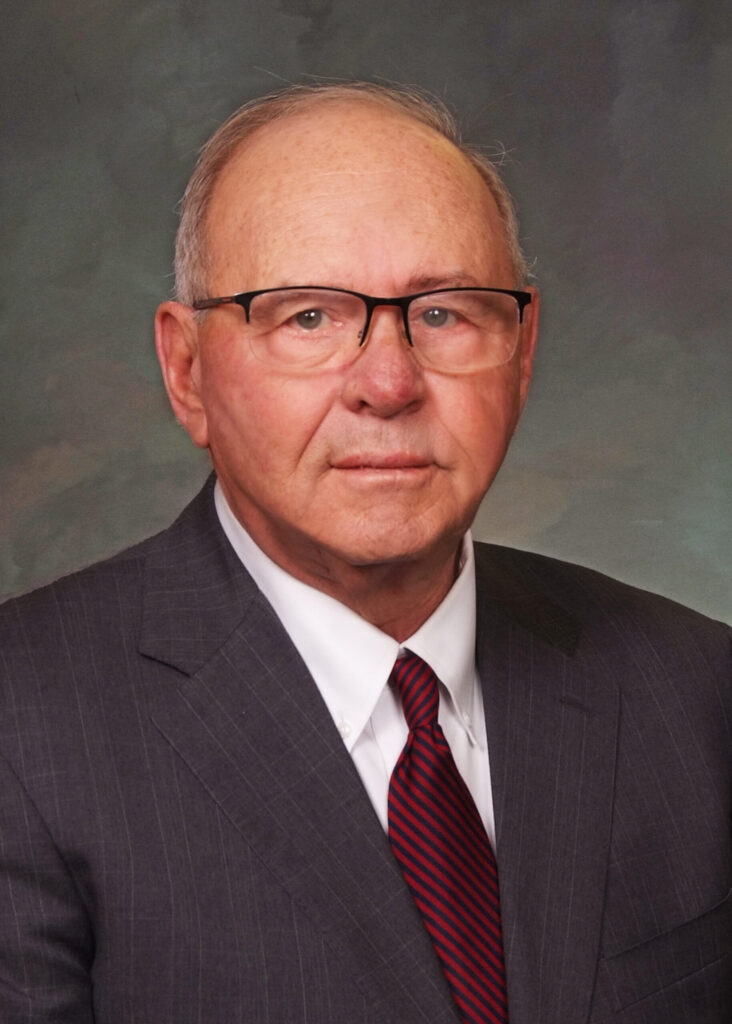It pays to be a veteran in Colorado, less so an Air Force civilian | BIDLACK
My father was drafted into the United States Army while in his third year of college in the months before the attack on Pearl Harbor. He served for the duration of World War II, rising to the highest enlisted rank at the time. Due to his ability to type, he was pulled from basic training to attend clerk school, as people who could type in 1941 were few and far between. He was initially assigned to a medical unit, until a mysterious visit from a strange officer with a job offer saw my dad assigned as a clerk on the Manhattan Project. It’s quite a story, but that is for another time.
For my father, what the military did for him after his service was, at least for him, a bigger story, in that he was able to use his World War II educational benefits to finish his bachelor’s degree, earn two different master’s degrees, and eventually a Ph.D. He would be an academic the rest of his life, ultimately becoming a dean at a major U.S. university, all because of the educational benefits provided to him as a veteran.
I was reminded of my dad’s experience when I was reviewing the bills signed into law by Gov. Jared Polis last week. And I was further reminded Colorado is a pretty good state for a veteran to live in, because of such state actions.
Gov. Polis signed SB25-247, which will be a game-changer for Coloradans serving in the Colorado National Guard. Previously, those in the Guard could qualify for levels of tuition assistance at our state’s schools, and that was a great benefit. But the new law takes that a step further, offering Guard members a full tuition waiver, making school affordable for, I’m thinking, just about everyone in the Guard, should they wish to pursue higher education. Qualifying will be simple: you need to be accepted at an institution, be in good standing in the Guard and complete the application.
This is not just a handout to people who serve our state and our nation in uniform. Rather, it is a wise investment for the individual and for Colorado. Folks who self-select into Guard service and who are in good standing are, simply put, good investments. It will serve our long-term goal to have more educated military members and veterans.
Stay up to speed: Sign up for daily opinion in your inbox Monday-Friday
During my 25 years of active duty, and the four years I spent working military and veteran casework for Sen. Bennet, I worked with quite a few folks in the Guard, and I was always impressed. The folks in the Guard first and foremost serve the people of Colorado, in many ways. They respond to natural disasters and provide support for things like search and rescue up in the mountains. And, of course, they can be called to national service, as was seen during the Iraq War. So good for Gov. Polis and the legislature to recognize investing in Guard members is a win-win.
Gov. Polis also signed HB-25-1132, which creates a grant for military family behavioral health support. This new law expands existing support, to “provide grants to local nonprofit organizations to establish and expand community behavioral health programs that provide behavioral health services to service members, veterans, and family members of service members and veterans.” As a veteran who deals with PTSD myself, I’m pleased to see such benefits expanded and to explicitly include the families of veterans, who often must deal with the challenges of a veteran’s mental health issues.
The military news from Colorado is not, unfortunately, all positive. You may well have seen the Colorado Politics stories regarding the Air Force Academy Superintendent, Lt General Tony Bauernfeind, presumably acting on instructions from the utterly unqualified and frankly dangerous current Secretary of Defense Pete Hegseth. It appears Bauernfeind has been directed to get rid of as much of the civilian faculty as he can.
Having taught at the Academy myself for 15 years in uniform and two more as a civilian hire following my retirement, I can assure you civilians are a vital and frankly less expensive part of the Academy’s educational experience. This is especially true in the engineering and scientific areas of study, where there are simply not enough military officers with Ph.D.’s in the needed disciplines to replace dozens of civilian professors.
Though I initially was opposed, back in the late 1990s, to large numbers of civilian faculty members, I was won over by observing my own department’s (political science) civilian faculty members. They do a terrific job and provide the necessary continuity in the educational experience.
The current administration is at war with higher education and has repeatedly bizarrely asserted that civilian faculty equals “woke” faculty. Well, that’s silly and perilous. You actually want diverse views in higher education, but these folks in the Trump regime don’t seem to get that.
Heck, Thucydides had it figured out in the fifth century BC, when he wrote: “The society that separates its scholars from its warriors will have its thinking done by cowards and its fighting done by fools.”
There is much more to come on this issue, and nothing is fully settled, so stay tuned. I’m sure I’ll have more to say when layoffs actually begin.
Hal Bidlack is a retired professor of political science and a retired Air Force lieutenant colonel who taught more than 17 years at the U.S. Air Force Academy in Colorado Springs.











